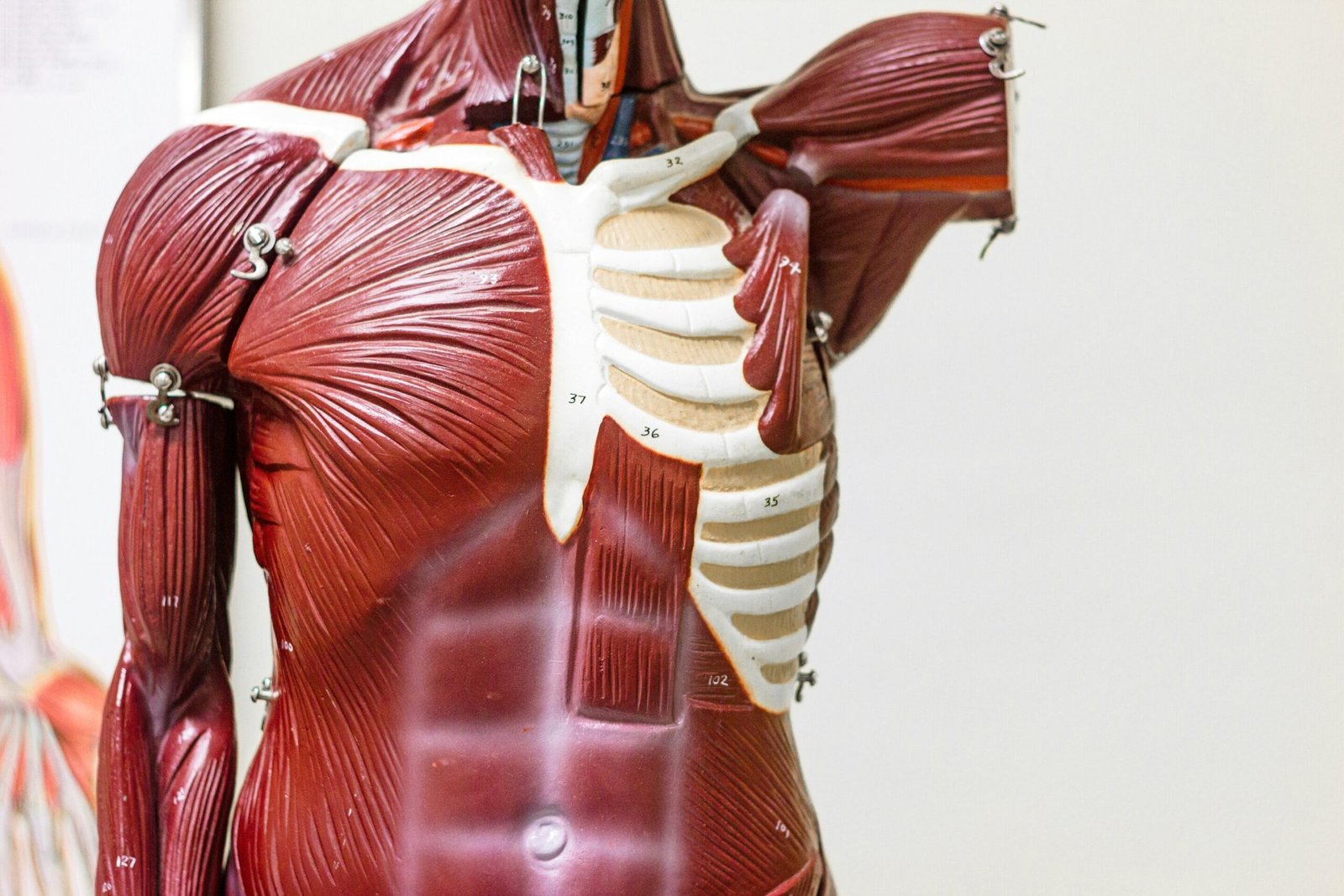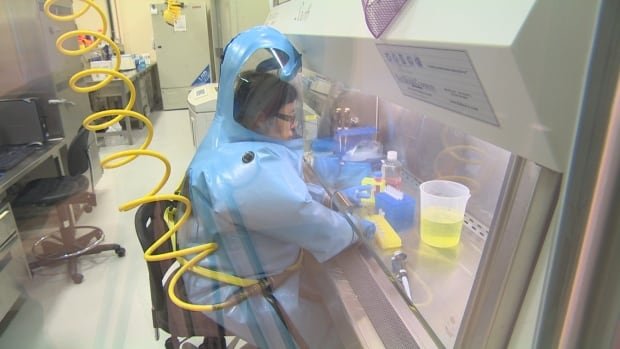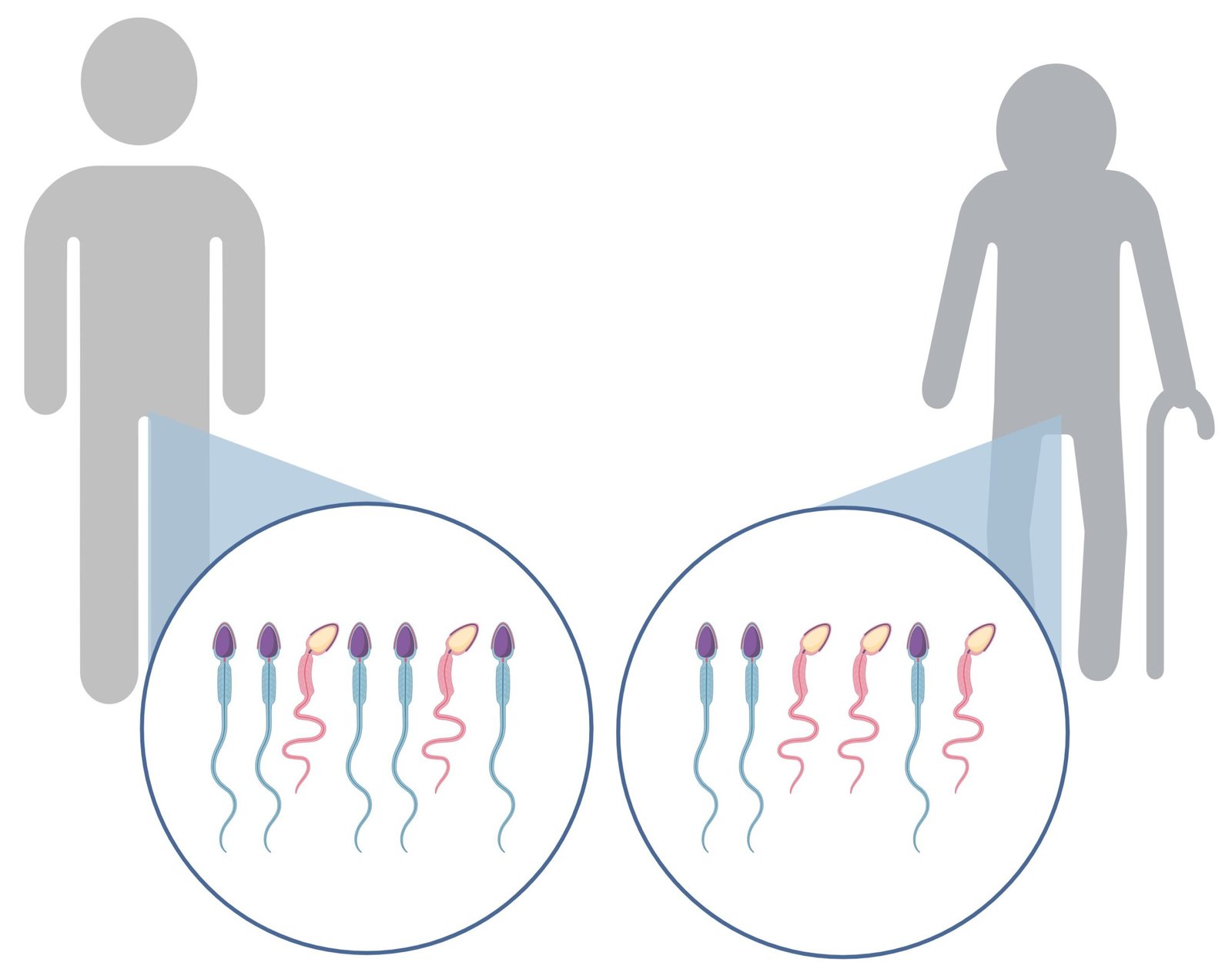New research has found that women with a history of severe mental illness face a lower risk of relapse after giving birth in regions where they have access to a community perinatal mental health team (CPMHT).
The research, published in The Lancet Psychiatry, is the first of its kind to evaluate the effectiveness of CPMHTs, and suggests that women with access to specialist support have a reduced risk of acute relapse after birth, but also highlights the importance of the need for mental health services to work more closely with maternity services.
CPMHTs were rolled out in England from 2016 as part of a unique national initiative to improve the access to specialists for women with perinatal mental health problems and overall mental health outcomes.

Women with a history of severe mental illness such as bipolar disorder and severe depression are at greatly increased risk of relapse in the first few months after birth, and CPMHTs aim to improve access to preventive care during pregnancy in addition to treating new episodes of mental illness during pregnancy and after birth. However, little research has been conducted into exploring the effectiveness of such CPMHT care.
This study identified 70,323 women who had given birth to a single baby, and who had contact with a secondary mental health care service in the ten years immediately before their pregnancy. Researchers followed this group to establish how many experienced acute relapses in their mental health after birth—defined as either being admitted to a psychiatric hospital, or being cared for by a crisis resolution team.
Researchers from the Institute of Psychiatry, Psychology & Neuroscience (IoPPN) at King’s College London, in partnership with the University of Exeter and the London School of Hygiene & Tropical Medicine, found that access to care significantly improved—24.2% of women accessed care during pregnancy in areas where a CPMHT was available compared to 17.9% in areas where no CPMHT was available. In addition, an acute relapse after birth was found in 1,117 (3·6%) of 31,276 women where a CPMHT was available and in 1,745 (4.5%) of 39,047 women where one was unavailable.
Prof. Heather O’Mahen, Professor in perinatal clinical psychology, University of Exeter, one of the study’s senior co-authors, said, “Pregnant and postnatal women can face many barriers to mental health care. The government’s investment in CPMHTs has made a real difference in their ability to access needed treatment.”
Prof. Louise Howard, Professor Emerita of Women’s Mental Health and one of the study’s senior authors from King’s IoPPN, added, “The period after birth can be a time of increased risk for women with severe mental illness such as those with bipolar disorder or a history of severe depression. It is very encouraging to see that having a community perinatal mental health team in an area is associated with significantly reduced rates of relapse after birth—a time when mothers want and need to be well, and at home with their infants.”
More information:
Community perinatal mental health teams and associations with perinatal mental health and obstetric and neonatal outcomes in pregnant women with a history of secondary mental health care in England: a national population-based cohort study, The Lancet Psychiatry (2024). DOI: 10.1016/S2215-0366(23)00409-1
Citation:
Community perinatal mental health teams reduce risk of mental health relapse after childbirth: Study (2024, January 23)
retrieved 23 January 2024
from https://medicalxpress.com/news/2024-01-community-perinatal-mental-health-teams.html
This document is subject to copyright. Apart from any fair dealing for the purpose of private study or research, no
part may be reproduced without the written permission. The content is provided for information purposes only.










